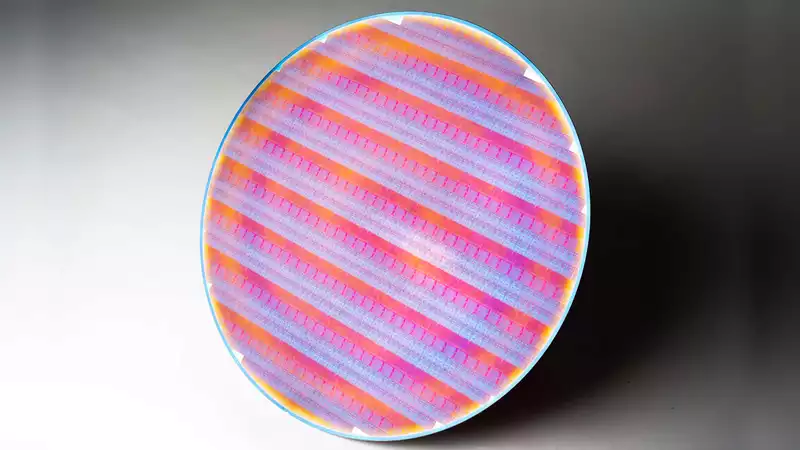In the past few years, governments around the world have been eager to revitalize domestic semiconductor manufacturing. The reasons are varied. Protecting supply chains, reducing dependence on Taiwan's TSMC, economic protectionism, and national security are all legitimate reasons to encourage domestic chip manufacturing The European Union is the latest body to pass legislation: the EU has passed its own "Chips Act," allocating 43 billion euros ($48 billion) to support EU-based semiconductor manufacturing passed its own "Chips Act"
that allocates
€43 billion ($48 billion) to support EU-based semiconductor manufacturing.
The legislation aims to foster Europe's industrial base and support a healthy chip manufacturing industry over the long term by creating favorable conditions for investment, education, and R&D.
"The Chips Act will make Europe a front runner in the global semiconductor race. New production plants, new investments, new research projects. In the long run, this will contribute to the renaissance of our industry and reduce our dependence on foreign countries," said Héctor Gómez Hernández, Spain's Minister of Industry, Trade and Tourism, on the development.
Intel has already taken steps to increase chip manufacturing in Europe by signing a €30 billion contract with the German government to build a facility in Magdeburg, Saxony-Anhalt. It also plans to expand its operations to Kiryat Gat in Israel.
TSMC is also expanding its operations in the U.S., but this is not going as planned due to a shortage of skilled workers. This last point is a major obstacle to its chip manufacturing expansion plans. State-of-the-art equipment does not run itself, it takes years to train thousands of workers, and it requires significant investment.
The EU legislation follows in the footsteps of similar measures taken by many governments to boost domestic chip production. The Chips and Science Act in the U.S. is one example: since the Covid-19 pandemic wreaked havoc on the global semiconductor supply chain, government agencies have been eager to prevent a recurrence. But the need for domestic chip supply is not only for economic reasons. When words like "national security" begin to enter the mix, it is clear that governments will step up their actions to secure chip supply.
A reliable domestic chip supply industry is considered vital to national security. The military also needs chips. Missiles, drones, signals intelligence, and communications all rely on advanced chip manufacturing technology, and countries naturally want to keep their most important technical secrets in-house.
Perhaps the best example of this concerns Russia. In retaliation for the invasion of Ukraine, chip sales have been restricted as part of sanctions against Russia. These restrictions have helped prevent Russia from replacing its dwindling stockpile of weapons.
As demand for chips in AI, robotics, and automation surges, countries are simply unwilling to share. The ongoing technology war between the U.S. and China is a case in point. The U.S. government does not want companies like NVIDIA selling cutting-edge AI technology to China.
Taiwan's dependence on TSMC is another major factor. If China and Taiwan were to go to war, or if a natural disaster struck Taiwan, which is prone to earthquakes and typhoons, the global chip supply would be destroyed, leading to an economic disaster. Mix in the smaller issue of a global pandemic, and the EU thinking behind the chip law becomes clear.


Comments